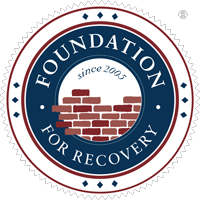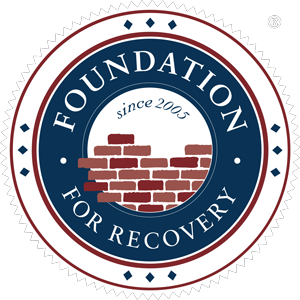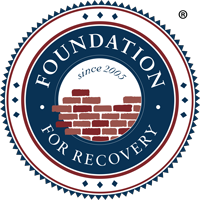FFR’s Peer Recovery Specialist Training is the only Peer Recovery Coach training program in Nevada. 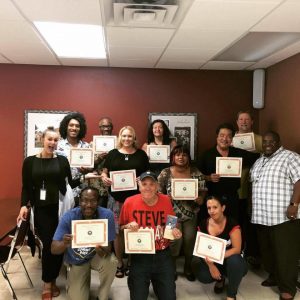 This comprehensive, 48-hour training is for those with lived experience who want to serve as a mentor and coach to those seeking long-term recovery from substance misuse and/or co-occurring mental health issues.
This comprehensive, 48-hour training is for those with lived experience who want to serve as a mentor and coach to those seeking long-term recovery from substance misuse and/or co-occurring mental health issues.
Why is FFR’s Peer Specialist Training & Certification Program Important?
According to The University of Texas at Austin’s 2017 report on Peer Specialist Training and Certification Programs, the certified peer specialist workforce is relatively new in the behavioral health field, with state recognized certification programs first emerging in 2001. Within this short time frame, states have recognized the potential of peer specialists to improve individual outcomes by promoting recovery. A nearly universal definition of a peer specialist is: an individual with lived experience who has initiated his/her own recovery journey and assists others who are in earlier stages of the recovery process. As of July 2016, 41 states and the District of Columbia have established programs to train and certify peer specialists and 2 states are in the process of developing and/or implementing a program.
A review of the components of these state peer specialist training and certification (PSTC) programs is needed so that states developing training/certification programs may look to those that are more established for advice and guidance, while established programs may benefit from understanding the similarities and differences between existing programs. This information may also be useful to policymakers and program developers as they create the infrastructure necessary to support the peer specialist workforce to remain relevant and financially sustainable in a changing healthcare environment. Providers employing, or considering employing, peer specialists may also find the information useful in developing appropriate guidelines and expectations for these employees. Peer specialists themselves, or those interested in becoming peer specialists, should also find the report useful in determining requirements necessary to become certified and the competencies of their peers in the field.
The information presented in this report is a compilation of information about existing PSTC programs in the United States, which primarily train and certify mental health-focused peer specialists. Information about the training and certification processes for each state are reported in a common tabular format, which allows the user to compare and contrast between programs. Methods used to collect information include review of, and direct excerpts from, online resources from states, contracted trainers, and email and phone exchanges between the authors and contacts from states’ programs. Initial internet searches were conducted by the authors to obtain information published online regarding each state’s PSTC program and contact information for representatives of each state’s program from the official program or government website. Initial drafts of reported program information were created by the authors and then sent to each state’s contact to review/edit for errors; 69% of these contacts replied to the review request.
The point is PSTC programs are evolving quickly and are proving to be key to recovery support throughout the nation. For more information about these programs, read the full report here.



